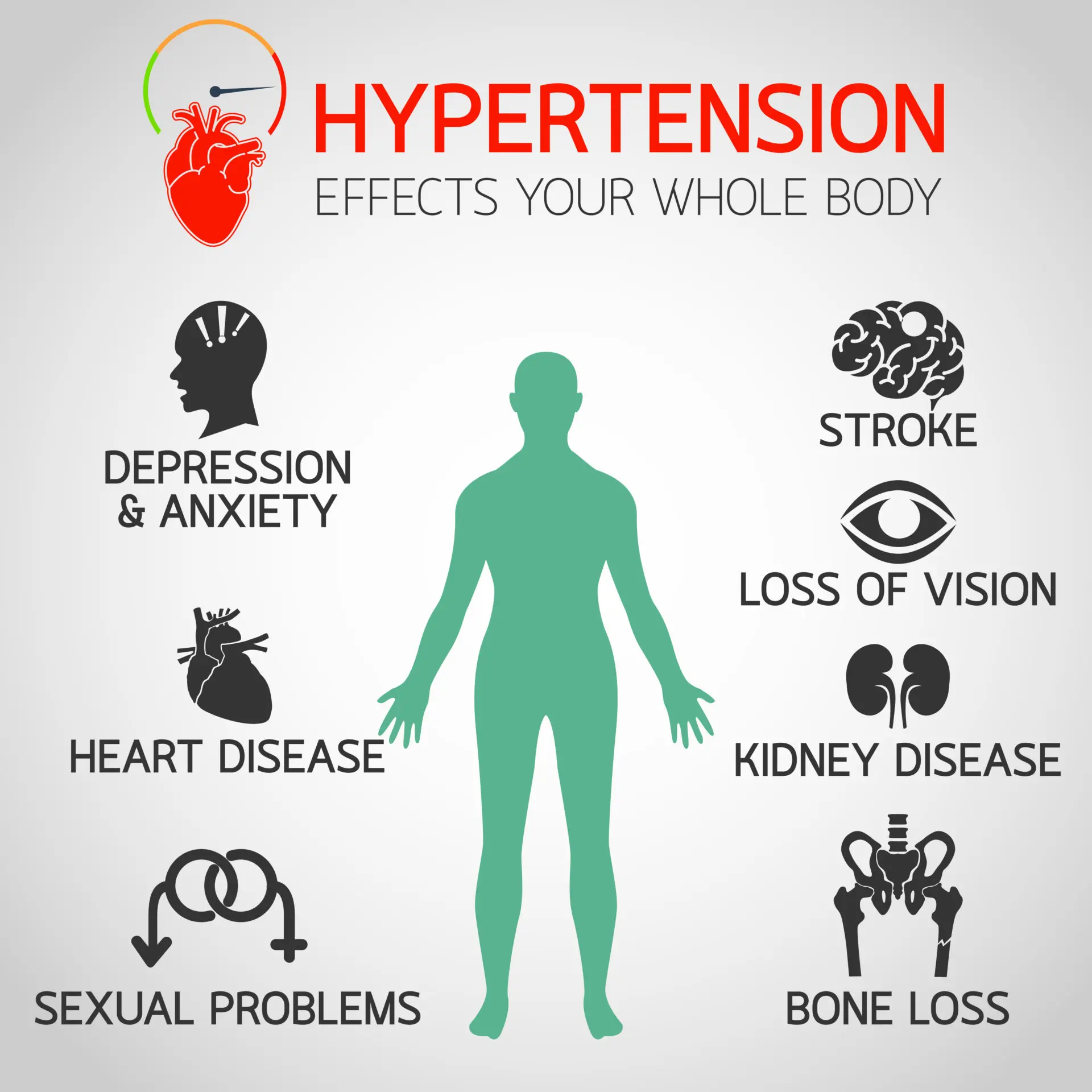Introduction:
In today's fast-paced world, stress has become an almost unavoidable part of daily life. While stress is a natural response to challenges, prolonged and chronic stress can have significant implications for our health, particularly when it comes to blood pressure. In this article, we will explore the intricate relationship between stress and blood pressure and delve into effective strategies to lower stress levels for a healthier, more balanced life.
The Stress-Blood Pressure Connection:
Understanding the Stress Response:
When faced with a stressor, the body's "fight or flight" response is triggered, leading to the release of hormones such as adrenaline and cortisol. These hormones prepare the body to respond to a threat, raising heart rate and constricting blood vessels.
Chronic Stress and Hypertension:
Prolonged activation of the stress response can contribute to chronic elevation of blood pressure, a condition known as hypertension. Chronic hypertension is a significant risk factor for cardiovascular diseases, including heart attacks and strokes.
Impact on Blood Vessels:
Stress-induced increases in blood pressure can damage the walls of blood vessels, leading to inflammation and the accumulation of plaque. This, in turn, raises the risk of atherosclerosis and other cardiovascular complications.
Strategies to Lower Stress Levels:
Regular Physical Activity:
Engaging in regular exercise has proven benefits for both physical and mental health. Exercise releases endorphins, the body's natural stress relievers, and helps regulate blood pressure. Aim for at least 150 minutes of moderate-intensity exercise per week.
Mindfulness and Relaxation Techniques:
Practices such as mindfulness meditation, deep breathing exercises, and progressive muscle relaxation can help activate the body's relaxation response, counteracting the effects of chronic stress on blood pressure.
Adequate Sleep:
Quality sleep is essential for overall well-being. Lack of sleep can contribute to increased stress levels and negatively impact blood pressure. Aim for 7-9 hours of quality sleep each night to promote optimal health.
Healthy Eating Habits:
Adopting a balanced and nutritious diet can positively influence stress levels and blood pressure. Limiting the intake of processed foods, reducing sodium consumption, and incorporating fruits, vegetables, and whole grains contribute to overall cardiovascular health.
Social Connections:
Building and maintaining strong social connections can provide emotional support and help alleviate stress. Spend time with friends and loved ones, engage in social activities, and share your feelings with trusted individuals.
Time Management:
Effective time management can reduce feelings of being overwhelmed. Prioritize tasks, break them into manageable steps, and allocate time for relaxation and self-care activities.
Limiting Stimulants:
Excessive caffeine and nicotine intake can contribute to elevated blood pressure. Moderation or elimination of these stimulants can have a positive impact on stress levels and cardiovascular health.
Seeking Professional Help:
If stress becomes overwhelming or chronic, seeking the assistance of a mental health professional can be beneficial. Therapists can provide coping strategies, stress management techniques, and a supportive environment for addressing underlying issues.
Biofeedback and Relaxation Training:
Biofeedback techniques involve monitoring and gaining control over physiological processes, including heart rate and muscle tension. Biofeedback, combined with relaxation training, can empower individuals to consciously influence their body's responses to stress, ultimately helping to manage blood pressure.
Mind-Body Practices:
Incorporating mind-body practices such as yoga and tai chi into your routine can be effective in reducing stress and promoting relaxation. These practices emphasize the connection between mental and physical well-being, providing a holistic approach to stress management.
Expressive Arts Therapy:
Engaging in creative and expressive activities, such as art, music, or dance, can serve as outlets for emotional expression and stress relief. These activities have been shown to positively impact mood and reduce stress levels.
Hydration and Nutrition:
Staying hydrated is crucial for maintaining overall health, and dehydration can contribute to increased stress levels. Additionally, a well-balanced diet that includes foods rich in vitamins and minerals, such as omega-3 fatty acids found in fish, can support mental health and help manage stress.
Cognitive Restructuring:
Cognitive restructuring involves identifying and challenging negative thought patterns that contribute to stress. By changing the way we perceive and respond to stressors, individuals can positively impact their emotional well-being and, consequently, their blood pressure.
Regular Health Check-ups:
Regular medical check-ups are essential for monitoring blood pressure and overall cardiovascular health. Identifying and addressing any underlying health issues promptly can prevent the escalation of stress-related cardiovascular complications.
Gratitude Practice:
Cultivating a gratitude practice involves regularly expressing thanks for positive aspects of life. Research suggests that practicing gratitude can lead to improved mental well-being and a reduction in stress levels.
Holistic Therapies:
Holistic therapies such as acupuncture and massage have shown promise in reducing stress and promoting relaxation. These alternative approaches can complement traditional stress management strategies.
Nature Connection:
Spending time in nature has been associated with reduced stress levels and improved mental well-being. Whether it's a walk in the park, gardening, or simply appreciating natural surroundings, connecting with nature can have a calming effect.
Setting Realistic Goals:
Setting realistic and achievable goals helps in managing expectations and preventing feelings of overwhelm. Breaking down larger tasks into smaller, manageable steps can make the journey more attainable and less stressful.
Conclusion:
Addressing stress and its impact on blood pressure involves adopting a multifaceted and individualized approach. By incorporating a combination of lifestyle changes, relaxation techniques, and supportive interventions, individuals can not only manage stress effectively but also contribute to their overall cardiovascular health. It's important to remember that the journey towards stress management is ongoing, and finding a combination of strategies that work for you is key to achieving lasting well-being. If stress persists or becomes overwhelming, seeking guidance from healthcare professionals can provide valuable support in navigating this aspect of your health journey.


No comments:
Post a Comment